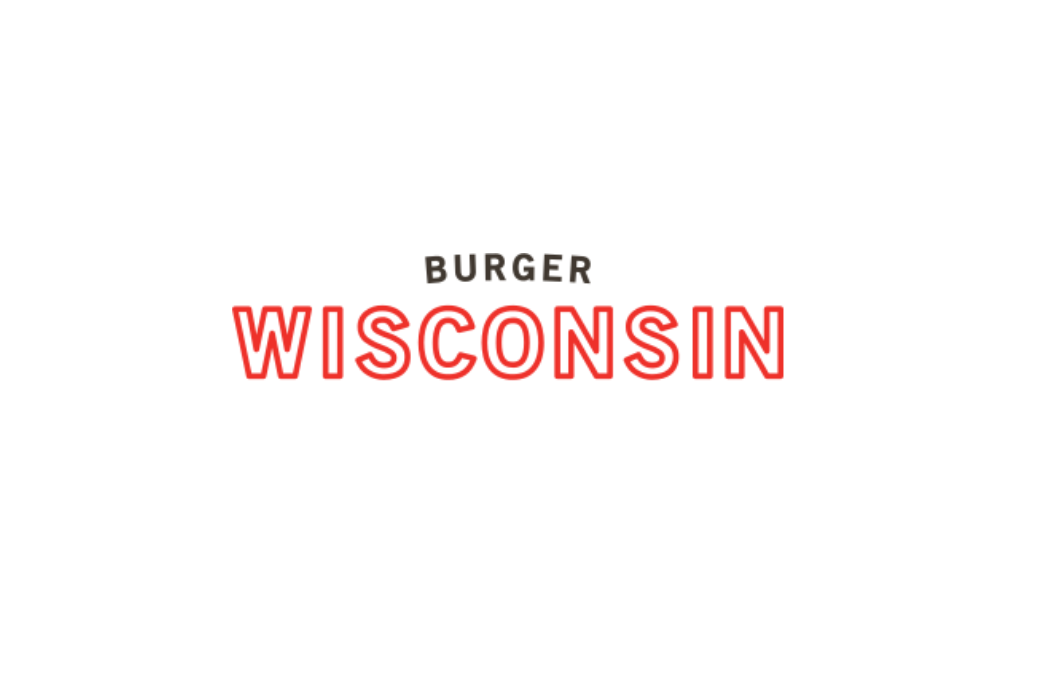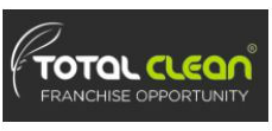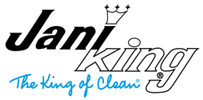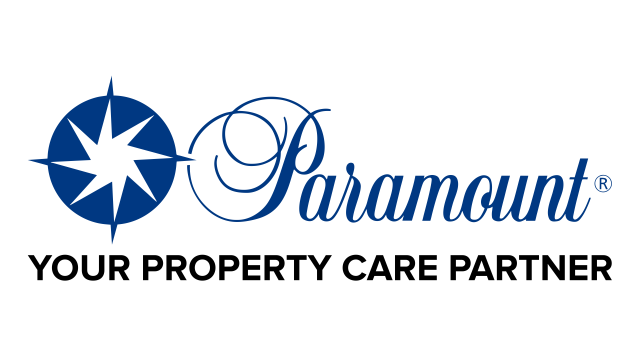A franchise resale refers to the process in which an existing franchise owner sells their business to another party, typically an individual or company, who assumes ownership and continues to operate the franchise according to the terms set by the franchisor. This transaction occurs after the franchisee has already been operating the business for a period of time, and it may involve the entire business or a portion of it, depending on the specific agreement.
Key Components of a Franchise Resale
- Existing Franchise Agreement: When purchasing a franchise resale, the buyer inherits the existing franchise agreement between the original franchisee and the franchisor. This agreement dictates the operational procedures, branding guidelines, fees, and other essential details that must be adhered to. The franchisee selling the business must ensure that the sale is in compliance with this agreement, and the franchisor may need to approve the transaction.
- Ongoing Operations: A franchise resale typically involves an established business with a customer base, operational systems, and a track record. Unlike a new franchise, which may require the buyer to build a customer base from scratch, a resale comes with the advantage of an already functioning operation. This can include assets like equipment, inventory, and potentially trained staff, all of which can provide the new owner with a smoother transition.
- Franchisor’s Role: The franchisor is usually involved in the resale process to some extent, particularly if the buyer needs to be approved. Some franchise agreements contain clauses that give the franchisor the right to approve or disapprove of a potential buyer. This is done to ensure the new franchisee meets the brand’s standards and is capable of operating the business effectively.
Benefits of a Franchise Resale
- Established Business: One of the main attractions of purchasing a resale franchise is that the buyer acquires an established business. This means they can start with a pre-existing customer base, operational structure, and a known financial performance, which can mitigate some of the risks associated with opening a brand-new franchise location.
- Proven Track Record: Unlike a new franchise location, a resale comes with a history. Potential buyers can review past performance metrics, such as sales and profit margins, helping them make a more informed decision. A proven track record provides reassurance that the business model works and has the potential for continued success.
- Faster Return on Investment: Since a resale franchise is already operational, the buyer is more likely to see a quicker return on investment (ROI) compared to starting a new franchise from scratch. They can benefit from the momentum of the business and the established market presence, which can lead to faster financial recovery.
- Franchise Support: Even when purchasing a resale, the buyer still receives support from the franchisor. This includes training, ongoing operational guidance, marketing support, and access to the franchisor’s resources, all of which help ensure that the new owner has the tools needed for continued success.
Challenges of Franchise Resale
- Price Premium: Buying an established business can come at a premium price compared to starting a new franchise. The buyer is not only purchasing the assets but also the goodwill, customer base, and the potential future earnings. While this can be an advantage, it also means the upfront cost may be significantly higher than a new franchise.
- Inheriting Issues: Depending on the current owner’s management, the buyer may inherit operational challenges such as unaddressed customer service issues, outdated equipment, or financial instability. Due diligence is essential to identify and address these issues before proceeding with the purchase.
- Franchisor Approval: In some cases, the franchisor has the right to approve or reject the buyer. If the new owner does not meet the franchisor’s criteria, the transaction may be delayed or prevented altogether.
Conclusion
A franchise resale offers a unique opportunity for prospective franchisees to acquire an established business with an existing customer base and operational infrastructure. While it may come with higher initial costs and certain risks, it can also provide a smoother transition into business ownership and a faster return on investment. As with any business transaction, careful research, thorough due diligence, and understanding the terms of the franchise agreement are critical steps in ensuring a successful resale experience.









